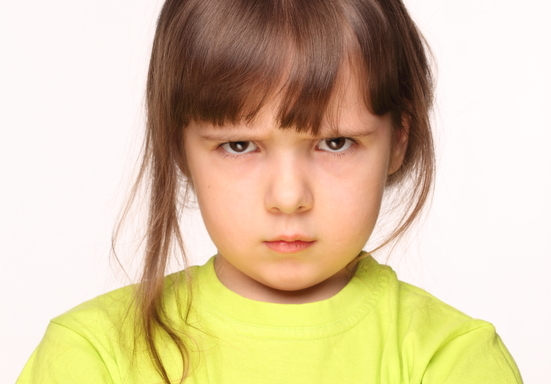Unearned Praise Harms Kids
According to leading psychologist Stephen Grosz, if we praise children too often we can destroy their self-confidence. Moreover, many praises are unhappily worded, and if we tell our child how clever he or she is and what a great player, artist or whatever they are, we bring down their chances of good school results.

Mr. Grosz avers that we often use “empty praise” which children feel to be insincere; they are not happy to hear it because deep inside they know they don’t actually reach up to the high notch of the praise.
There is praise, he writes, that is too “blunt and aggressive” and while people praise children they don’t really see them as individuals.
“Empty praise is as bad as thoughtless criticism – it expresses indifference to the child’s feelings and thoughts,” sums up Mr. Grosz, who has 25 years’ experience as psychoanalyst. When we admire our children they do feel pleased for a time, but eventually it is expected to boost their sense of self – which it doesn’t if we express it wrongly.
There must be fewer compliments to our children aimed to show how good they are; it’s advisable to praise them for trying.
Mr. Grosz refers to research that links different ways to praise schoolchildren to their school performance. In the research conducted by a team of psychologists at Columbia University 128 pupils 10 and 11 years of age were asked to solve some maths problems.
The pupils of one group were told that they had done well because they were clever, the other pupils were told that they had done well because they had tried their best.
On the second stage of the experiment both groups were set the same task, but this time the problems were more difficult. The children that were praised for being clever showed poorer results than those who were lauded for trying hard. What’s more, some of them told a lie about their results in an attempt to show they are as clever as they were thought to be!
In his book about how people are apt to conduct themselves, The Examined Life, Mr. Grosz recollects his own experience of that in the chapter How Praise Can Cause Loss of Confidence. As he arrived at a nursery in North London where they lived to collect his daughter he overheard the assistant praise his child for her drawings, telling her that she was a real artist and she came up with a beautiful tree.
The unhappy father writes it sounded so crass that he wanted to come up to the assistant and ask her not to praise his daughter any more. He added that this kind of empty praise can often be heard in nurseries, even if mixed with teaching attempts at times.
The author suggests it may be caused by the fact that adults who suffered from unceasing criticism in their childhood now want to treat other children in a manner opposite to how they had been treated.
There are far better ways to help your child build up self-confidence, writes Mr. Grosz. The child doesn’t need so much useless praise when he knows that you will listen to whatever he wants to share and join in his interests.
